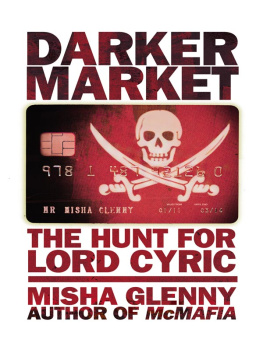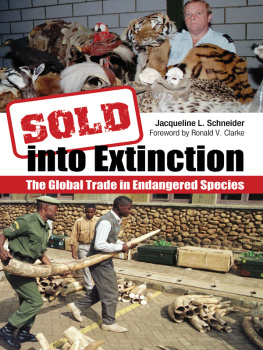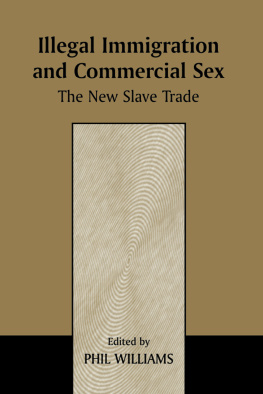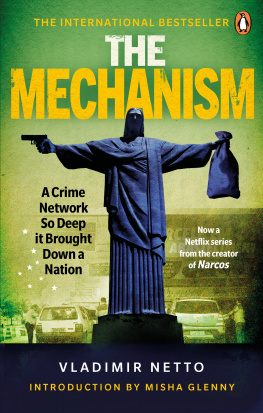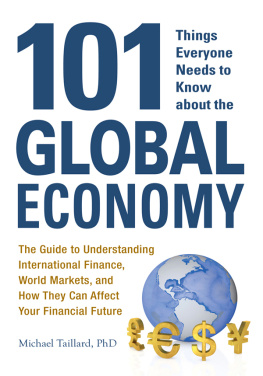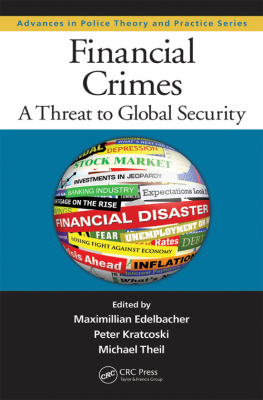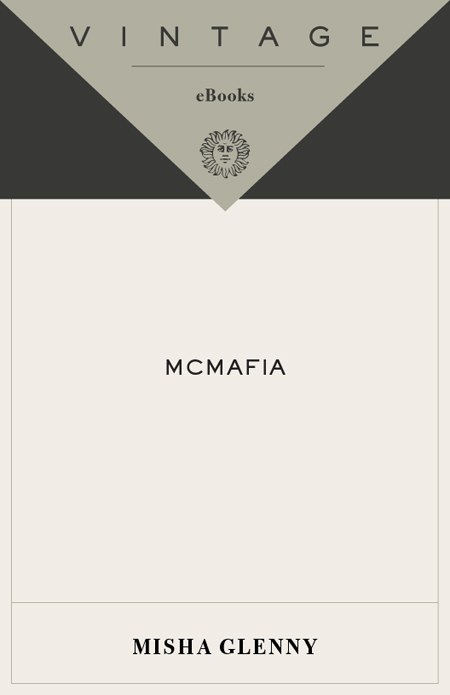
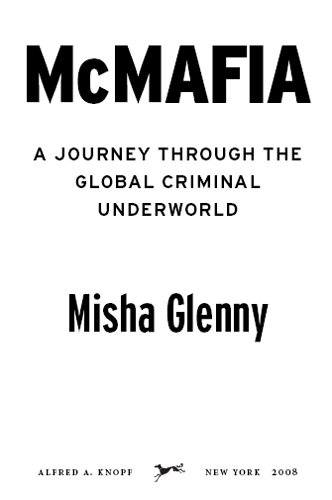
CONTENTS
For Kirsty
INTRODUCTION
I t was the evening of April 30, 1994, and spring had settled on Woking in Surrey. The Barnesbury Estate is not quite middle management, but there is no shortage of aspiration in this part of southern England. And as dusk fell on Willow Way, a quiet road of terraced housing, cars had already been garaged and families sat down for dinner and Saturday night television.
At nine oclock, a man emerged from his red Toyota outside number 31. Carrying a flat blue and white box, he strolled up to the front door and tapped on it. Inside Karen Reed, a thirty-three-year-old geophysicist who analyzed seismic data for a living, was enjoying a glass of white wine and a chat with a friend when they heard the mans muffled voice through the window. Have you ordered a pizza? he inquired. Karen opened the door, whereupon the pizza deliverer drew a .38 pistol and shot her several times in the head with calm deliberation. The killer then ran back to the car and drove off.
Karen Reed was not the intended victim that night. There was a reason for the murderers confusion, however. His real target was Karens sister, Alison Ponting, a producer at the BBC World Service, who was living with Karen at the time but happened to be out that evening. The killing had probably been carried out at the instigation of Djokar Dudayev, president of the Republic of Chechnya.
In 1986, Alison had married a chubby Armenian charmer, Gacic Ter-Oganisyan, whom she had met a couple of years earlier while studying Russian at a university. The marriage triggered a chain of improbable events that eight years later unleashed the whirlwind of death, imperialism, civil war, oil, gangsterism, and nationalist struggle known as the North Caucasus upon the sleepy commuter town of Woking.
Eighteen months before Karens murder, two brothers, Ruslan and Nazarbeg Utsiev, had arrived in London as envoys of President Dudayev with a brief to arrange the printing of passports and banknotes for the new Chechen state. Ruslan was the volatile Dudayevs most trusted adviser and a hard-liner in the faction-ridden administration. His brother was a martial arts expert and general muscle-for-hire. Along with their public mandate to print the documents of the putative Chechen state, they had a number of other missions: to secure a $250 million loan from an American businessman for the modernization of Chechnyas huge oil refineries; to conclude negotiations with the German energy company Stinnes AG for the quick sale of Chechen oil at world prices; and as investigators later discovered, to purchase 2,000 ground-to-air Stinger missiles. To embark on such complex negotiations, the Chechen government representatives needed a skilled interpreter and fixer. Ruslan remembered that he was once interviewed by a BBC producer, Alison Ponting, and he turned to her for help. She suggested her husband, Ter-Oganisyan, hoping, perhaps, that he would find gainful employment.
During his time in London, Alisons Armenian husband had developed into the consummate chancer. Ter-Oganisyan was ducking and diving: smuggling, setting up fake companies for money laundering, and also doing menial work when his tentative criminal activities dried up. Initially the macho Caucasian trio hit it off, holding raucous parties to which a stream of call girls were invited. Not surprisingly, Alison was increasingly unhappy at the behavior of her husband and the two Chechens, as were the wealthy occupants of Bickenhall Mansions, the apartment block a stones throw from Sherlock Holmess reputed domicile at 221B Baker Street in central London where the Utsiev brothers had found a flat.
At some point, relations between the Armenian and the Chechens soured. Later, Englands Crown Prosecution Service insisted that Ter-Oganisyan had discovered that the Stinger missiles were destined for Azerbaijan to be deployed in the war against his home country, Armenia. There was a second theory: that the Stingers were indeed bound for Chechnya and that the Utsiev brothers and Ter-Oganisyan fell out over money. What is certain is that Ter-Oganisyan alerted senior members of the Armenian KGB to the Utsiev brothers activities and a couple of hitmen were dispatched from Los Angeles, the center of the Armenian diaspora in the United States, to London.
The Utsiev brothers were murdered in gruesome fashion (Ruslans body was dismembered and only discovered when it fell out of a packing case en route to the north London suburb of Harrow). Ter-Oganisyan is now doing life for their murders, while a codefendant, an officer of Armenias KGB, hanged himself at Belmarsh Prison while awaiting trial.
I was appalled when reading about this case at the time, not least because I discovered that Alison and Karens father was David Ponting, a lecturer in drama at Bristol University. His one-man show about Dylan Thomas had made a great impression on me when I studied there. David had taught me radio production, skills I would later employ as the BBCs central Europe correspondent.
After Karens murder, Alison accepted an offer to go into a witness protection scheme. Deprived of his children, David moved to the United States, where he worked for a while as an actor. Later, he too went underground.
The Pontings were gentle and unassuming. It is hard to imagine a family less likely to be involved in a political mafia killing from the former Soviet Union. But one of the officers involved in the Utsiev brothers case pointed out at the time, We were suddenly dealing with crime and politics from a part of the world that, to be honest, none of us in the Metropolitan or Surrey police had ever heard of. We knew nothing about the wars, about the crime, and about the politicswe were frankly all at sea.
It was 1994, and the failing state, an unknown concept to most, was visiting Britain for the first time.
The postWorld War II order began to crumble in the first half of the 1980s. Its dissolution followed no obvious pattern, occurring instead as a series of seemingly disparate events: the spectacular rise of the Japanese car industry; Communist Hungarys clandestine approach to the International Monetary Fund to explore a possible application for membership; the stagnation of Indias economy; President F. W. de Clerks first discreet contacts with the imprisoned Nelson Mandela; the advent of Deng Xiaopings reforms in China; Margaret Thatchers decisive confrontation with Britains trades union movement.
Individually, these and other events seemed to reflect the everyday ups and downs of politics; at most they were adjustments to the world order. In fact, powerful currents below the surface had provoked a number of economic crises and opportunities, especially outside the great citadels of power in Western Europe and the United States, that were to have profound consequences for the emergence of what we now call globalization.
There was one development, however, that had its roots firmly in America and in its primary European ally, Britain. The world was taking its first steps toward the liberalization of international financial and commodity markets. Western corporations and banks had begun to pry open markets that had hitherto maintained strict controls on foreign investment and currency exchange. Then came the fall of Communism in 1989, first in Eastern Europe and then in the mighty Soviet Union itself. Out of ideas, short of money, and beaten in the race for technological superiority, Communism fizzled out in days rather than years. This was a monumental event that fused with the processes of globalization to trigger an exponential rise in the shadow economy.
Next page

